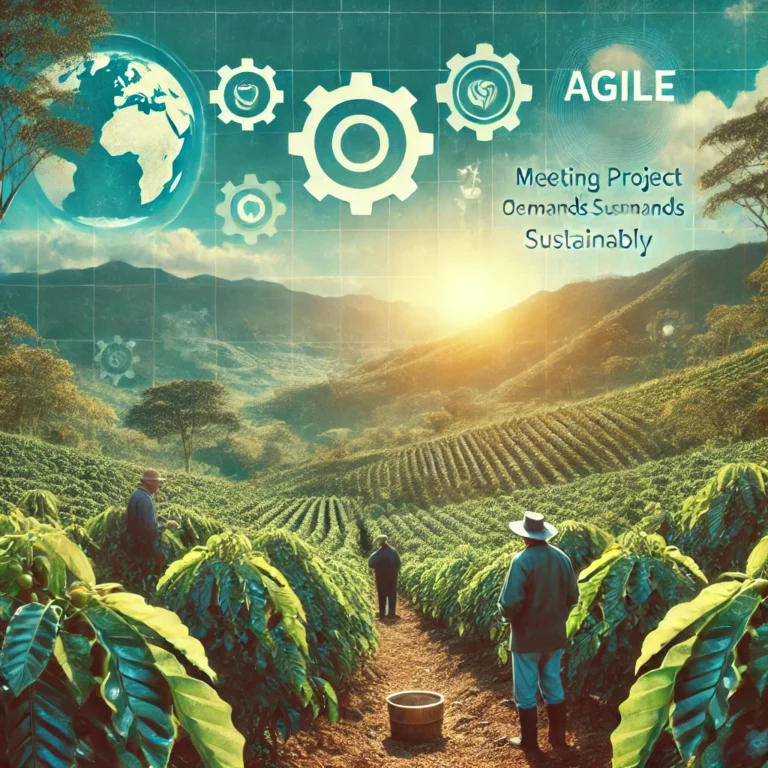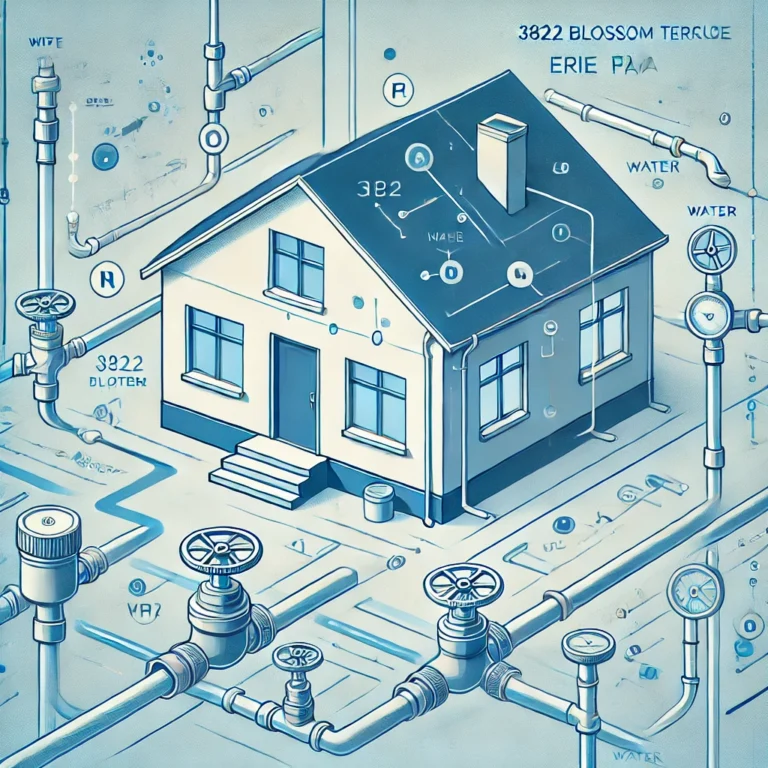
Introduction: The Power of Feedback in Everyday Life
Feedback plays a vital role in personal and professional growth. Whether in workplaces, schools, or creative communities, meaningful feedback enhances communication and builds stronger relationships. Feedbackmagazinne.org/ is a platform dedicated to transforming how feedback is given and received. With practical tools, strategies, and insights, it’s designed to help users master the art of constructive feedback.
A Brief History of Feedback Culture
Understanding the evolution of feedback culture gives context to why it’s essential today. In the past, feedback was often hierarchical, with leaders critiquing their teams without much response. Over time, feedback has evolved into a two-way process, fostering mutual respect and collaboration. Platforms like feedbackmagazinne.org/ are pushing this evolution forward by empowering everyone, from managers to creatives, to engage in more balanced, effective feedback.
Step-by-Step Guide on Using Feedbackmagazinne.org/
Feedbackmagazinne.org/ offers users a wide array of resources tailored to improving feedback skills. Here’s how you can make the most of this platform:
- Explore Feedback Methodologies: The site provides various feedback methods, such as the “sandwich approach” and the use of “I” statements. These are effective ways to give constructive feedback without causing defensiveness.
- Access Specialized Content: The platform has articles, expert insights, and strategies for giving and receiving feedback in different contexts, from professional settings to creative fields.
- Engage in the Community: Users can participate in discussions, share experiences, and offer feedback to others. This interactive aspect encourages a deeper understanding of feedback techniques.
Feedback in Different Contexts: From Offices to Family Gatherings
Feedbackmagazinne.org/ emphasizes feedback’s adaptability. It’s valuable in professional settings for promoting growth, in creative spaces for refining skills, and even within families to enhance relationships. Each setting has unique requirements:
- Professional Environments: Managers can learn to give feedback that motivates rather than discourages.
- Creative Fields: Constructive criticism can help artists and performers grow in their craft.
- Family Interactions: Feedback helps resolve conflicts, fostering understanding and trust.
The Role of Technology in Feedback: Tools and AI-Driven Insights
Feedback technology is rapidly advancing, making tools like feedbackmagazinne.org/ more effective. One key trend is the use of AI-driven feedback, which can provide objective, unbiased insights. These tools analyze behavior and performance patterns, offering feedback tailored to specific needs.
- Real-Time Feedback Tools: More platforms now offer immediate feedback, which is particularly useful in fast-paced work environments.
- Artificial Intelligence: AI can detect areas for improvement without personal bias, providing actionable recommendations based on data.
By using these technologies, feedbackmagazinne.org/ stays ahead of the curve, ensuring users have access to cutting-edge feedback solutions.
Common Feedback Mistakes and How to Avoid Them
While feedback is powerful, it’s easy to make mistakes. Feedbackmagazinne.org/ outlines common pitfalls and how to steer clear of them:
- Being Vague: Specificity is key. Instead of “Good job,” say, “I appreciate your attention to detail in that report.”
- Ignoring Timing: Feedback is most effective when delivered promptly, rather than waiting too long.
- Overloading with Criticism: Balance is essential. Using methods like the sandwich approach helps cushion criticism between positive comments.
By avoiding these mistakes, feedback becomes a constructive tool rather than a source of conflict.
Building a Feedback-Positive Environment
Feedbackmagazinne.org/ offers actionable steps to create a culture where feedback is encouraged and constructive. Here’s how to build a feedback-positive environment:
- Establish Clear Communication Channels: Open lines of communication make feedback flow more naturally.
- Encourage Transparency: When feedback is transparent, it fosters trust.
- Foster Trust: In environments where people feel safe, they’re more likely to accept and learn from feedback.
By incorporating these elements, feedback becomes a welcome, routine part of interactions.
Mastering Feedback with Feedbackmagazinne.org/: A User’s Guide
Feedbackmagazinne.org/ doesn’t just provide tips; it’s a comprehensive resource for mastering feedback. Here are some tips to start with:
- Be Specific: Avoid general statements. Specify what the person did well and where they can improve.
- Use the Sandwich Approach: Start with a positive note, address areas for improvement, and finish with encouragement.
- Practice Empathy: Consider how the other person might feel when receiving feedback.
These strategies make feedback more effective, ensuring it’s received constructively.
Real-Life Success Stories from Feedbackmagazinne.org/ Users
The platform’s effectiveness shines through user stories:
- Laura, Team Leader: By applying feedback techniques from the site, she improved her team’s morale and productivity.
- Sam, Musician: Feedback from the community helped him refine his performances, leading to significant artistic growth.
- Ella, Student: Using feedback strategies in group projects helped her improve communication and cooperation with classmates.
These success stories highlight how feedbackmagazinne.org/ impacts lives by providing real, actionable advice.
Psychological Insights into Feedback: Why It Works
Feedback is not just a set of words; it’s a psychological tool that influences behavior and motivation. Feedbackmagazinne.org/ explains the psychology behind effective feedback:
- Positive Reinforcement: Recognizing achievements motivates people to keep up their efforts.
- Constructive Criticism: Addressing areas for improvement in a supportive way encourages growth.
- Two-Way Dialogue: Feedback is most effective when both parties engage in a conversation, not just a one-sided critique.
Understanding these insights can make feedback more impactful, fostering long-term personal and professional development.
Future Trends in Feedback: What’s Next?
Feedback culture continues to evolve, with feedbackmagazinne.org/ predicting several key trends:
- Real-Time Feedback: Feedback tools are increasingly available in real time, especially in digital workplaces.
- AI-Driven Feedback Systems: AI will play a more prominent role, offering feedback based on objective analysis and removing human biases.
- Focus on Mental Health: More organizations are aligning feedback with mental health support, ensuring feedback is constructive and supportive.
By staying on top of these trends, feedbackmagazinne.org/ keeps users prepared for the future of feedback.
How Feedbackmagazinne.org/ is Shaping the Future of Feedback Culture
Feedbackmagazinne.org/ is more than a resource—it’s a driving force in feedback culture. By providing specialized tools, a supportive community, and expert insights, the platform empowers users to embrace feedback in every area of life. With a focus on continuous improvement and professional growth, feedbackmagazinne.org/ is setting the standard for how feedback should be given and received.
Conclusion: Why Feedbackmagazinne.org/ is Your Go-To Platform for Mastering Feedback
Mastering feedback is essential for personal and professional success. Feedbackmagazinne.org/ is a comprehensive platform that provides tools, resources, and community support to help users become better at giving and receiving feedback. With actionable insights, psychological principles, and future-oriented strategies, it’s the ultimate resource for anyone looking to build a feedback-rich environment.
By leveraging the resources on feedbackmagazinne.org/, you can enhance your communication skills, foster stronger relationships, and drive personal and professional growth. Embrace the power of feedback, and make feedbackmagazinne.org/ your go-to resource for continuous improvement.






